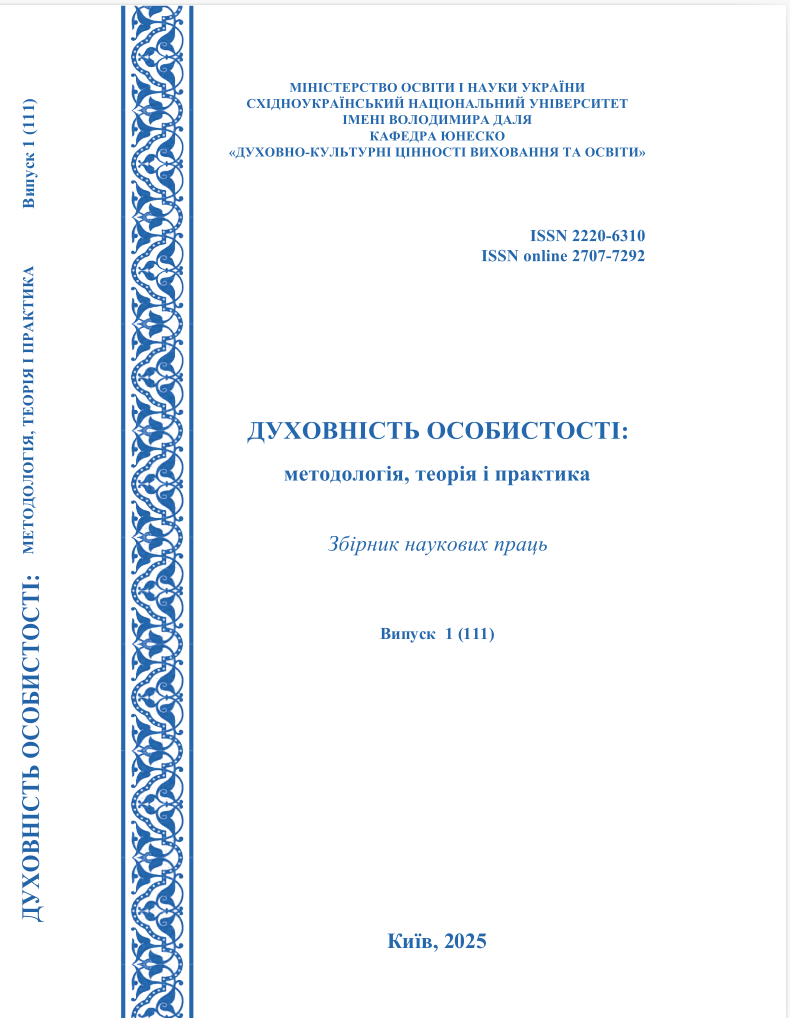The impact of physical load on the mental health of athletes: scientific evidence and modern approaches to psycho-emotional resilience
DOI:
https://doi.org/10.33216/2220-6310/2025-111-1-175-183Keywords:
athletes, mental health, psychoemotional resilience, psychological supportAbstract
The article investigates the scientifically substantiated impact of physical activity on the mental health of track and field athletes in the context of intensive sports activities. The dual nature of physical activity is revealed: on the one hand, it contributes to a decrease in anxiety, depressive symptoms, improvement of mood and psychoemotional regulation; on the other hand, excessive or uncontrolled stress can lead to emotional exhaustion, burnout, and psychosomatic disorders. In the course of the study, modern scientific publications over the past five years were analyzed, which reveal interdisciplinary aspects of the impact of training stress on the mental state of athletes, in particular track and field athletes. The focus is on such key factors as intensity and distribution of the load, the role of self-efficacy, coaching, social environment, and rehabilitation after injuries. Modern models explaining the relationship between the training process and psychological parameters are presented: the adaptive resilience model, the psychophysiological model of load/recovery balance, the biopsychosocial approach.
Particular attention is paid to the system of psychoemotional support for athletes: diagnostics, individual psychological support, development of self-regulation skills, psychoeducation and multidisciplinary interaction. The feasibility of creating integrated programs aimed at developing mental resilience, preventing burnout and supporting the psychological well-being of athletes is substantiated. Prospects for further research are related to the adaptation of existing models to the specifics of athletics, as well as to the analysis of the effectiveness of psychoemotional support programs in professional sports.

